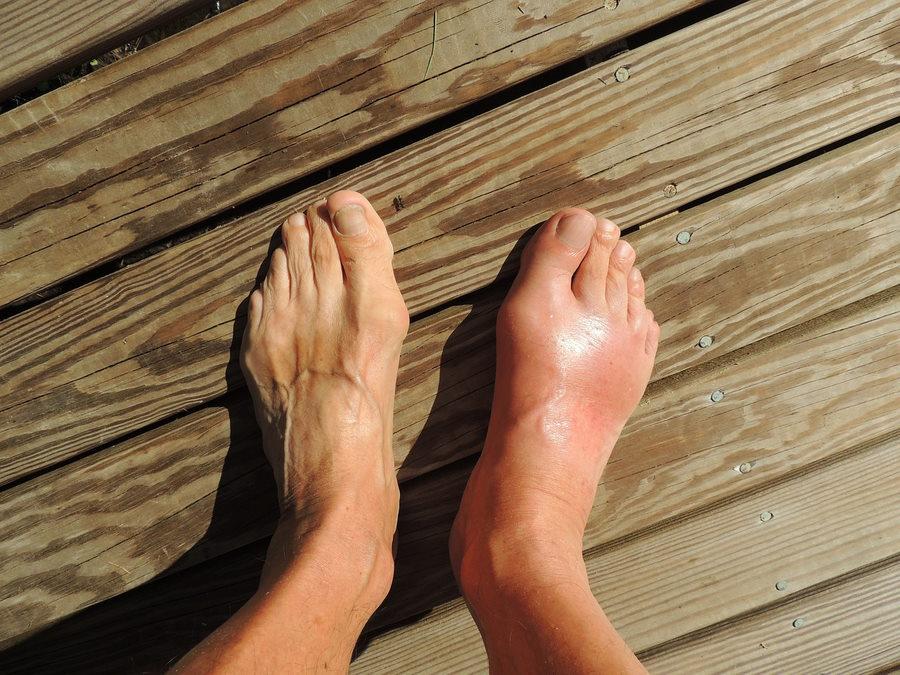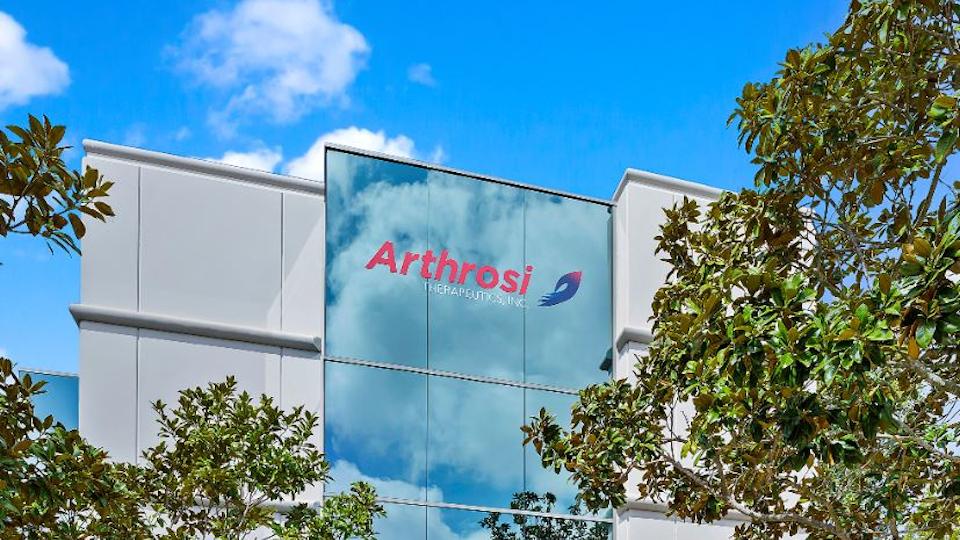Sobi plans filings for gout drug after phase 3 readout

For patients with gout who cannot get relief using standard therapies, daily life can be a painful, debilitating experience. Now, phase 3 results with a new drug from Sobi and Selecta suggests there could be another treatment option in the offing.
Armed with a pair of phase 3 trial readouts, the two companies are planning to file for approval of their first-in-class candidate SEL-212 for patients with chronic refractory gout next year.
Gout is a painful form of inflammatory arthritis caused by elevated levels of uric acid in the blood that affects around one in 40 people in developed nations. The condition results in uric acid crystals being deposited in and around joints, causing swelling, discolouration and often excruciating pain.
The condition is becoming more common as a result of rising levels of high blood pressure and other chronic conditions such as diabetes, obesity, and heart and kidney diseases that can increase the chances it will occur.
The goal of treatment is to reduce levels of uric acid in the blood below the 6 mg/dl threshold, but in some cases, current drugs like allopurinol and febuxostat aren’t able to achieve that objective, and there are estimated to be around 160,000 people facing with refractory gout in the US.
If approved, Sobi and Selecta’s drug candidate will be a rival to Horizon Pharma’s FDA-approved Krystexxa (pegloticase), a uricase enzyme used to break down uric acid. The drug is administered intravenously every two weeks, has some tolerability issues and can sometimes see its effectiveness limited by the stimulation of antibodies against the drug.
That hasn’t, however, stopped the drug from becoming a commercial success, with sales rising 27% last year to reach $716 million.
SEL-212 combines a uricase (pegadricase) with an immune tolerance component or ImmTOR, which is designed to prevent the formation of antibodies against the enzyme and prolong the efficacy of treatment.
In 2020, Selecta reported that SEL-212 wasn’t able to show superiority over Krystexxa on the primary endpoint of maintaining uric acid in the blood levels under 6 mg/dL for at least 80% of the time in a defined period, but did show a numerically higher response rate at 53% versus 46%.
The two phase 3 trials – DISSOLVE 1 and 2 – build on that clinical dataset with 56% and 47% of patients, respectively, taking the highest monthly dose of SEL-212 hitting the tougher target of a uric acid level of 1.5 mg/dL or lower for 80% of month six after starting treatment.
A six-month extension of DISSOLVE also showed that 75% of patients who completed six months of SEL-212 treatment as a responder continued to be successfully treated through 12 months with no infusion reactions or safety signals.
“The demonstrated profound lowering of the serum uric acid in the DISSOLVE programme should meaningfully impact the quality of the lives of these severely afflicted patients,” commented principal investigator Herbert Baraf of George Washington University School of Medicine and Health Sciences.
The question for Sobi and Selecta is whether the combination’s less frequent dosing and efficacy profile will allow SEL-212 to make headway against Krystexxa if it gets approved by the FDA, given Horizon’s lead in the marketplace.
It’s worth noting also that a new regimen of Krystexxa with methotrexate was approved last year on data suggesting it could reduce the formation of antibodies.
Sobi – which licensed rights to SEL-212 in 2020 for $100 million upfront and up to $630 million in potential milestone payments plus royalties – said it intends to file for approval in the first half of 2024.













